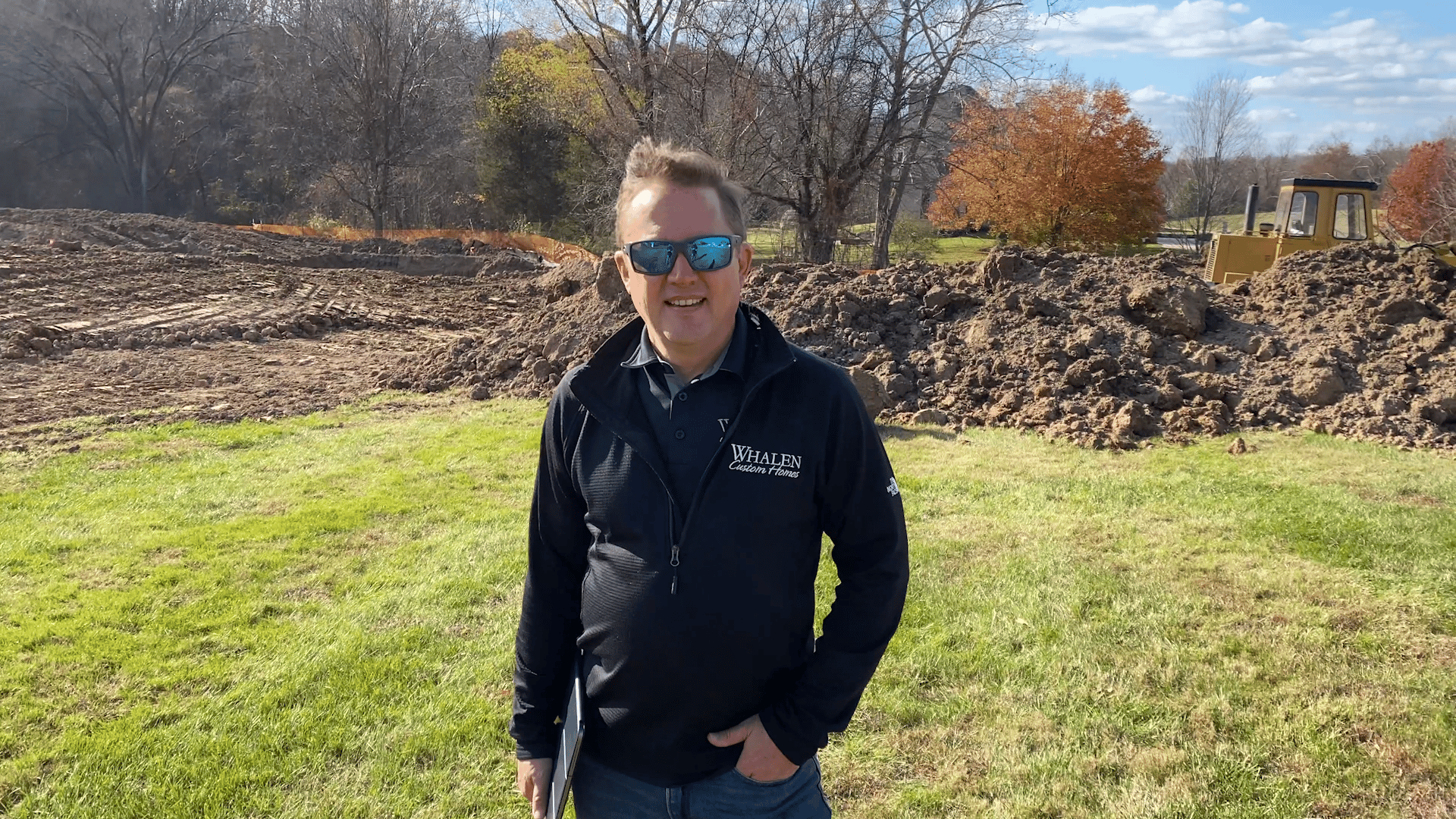Mike Whalen of Whalen Custom Homes explains the importance of soil testing for your new custom home and why it is needed in order to determine the composition of the soil and if it can properly support a foundation. It’s usually a necessary part of getting a building permit. If the soil is found to be loose, easily compressed, or full of absorptive clay, it does not mean that you cannot build on that soil, but it does mean that you will need extra foundation support, be it wider or deeper foundations or replacing bad soil. If extra foundation supports are not used, the expansion and contraction of the soil due to moisture content can result in cracked and crumbling foundations. When this occurs, the only fix is a costly foundation repair.
Starting Off With The Right Foundation
New home construction is an exciting time for anyone jumping into such a project. Dreaming of your future custom home can be an intoxicating experience. But before you get swept away in the excitement of home building, you need to make sure that you’re doing your due diligence to make sure that you have a solid foundation so the next several decades of homeownership goes smoothly.
The first step is to have a geotechnical engineer do a soil analysis to determine whether the soil is appropriate to support the foundation of the new custom home. If homes are built on substandard footings, the entire structure can actually settle much farther down than is safe — or sustainable. This can result in foundation separation and other major issues that can cause serious and expensive headaches for years to come. A home is not something that should be built on a foundation that’s “probably okay” — it’s a life-altering decision that will affect you, your finances, future buyers, and future inhabitants.
Investing in a soil analysis is essentially insurance against a massive problem down the road. The soil analysis needs to be conducted by a qualified, experienced geotechnical engineer. That expert can provide invaluable insight into what type of foundation design will best interact with the underlying soil, as well as providing the analysis of the soil itself.
In situations with imported soil, soil that exists on a steep grade, or other “non-standard” types of environs, an experienced soil engineer can help you customize a solution that ensures your dream home doesn’t turn into a property nightmare by the time you’ve lived in it for a few years.






